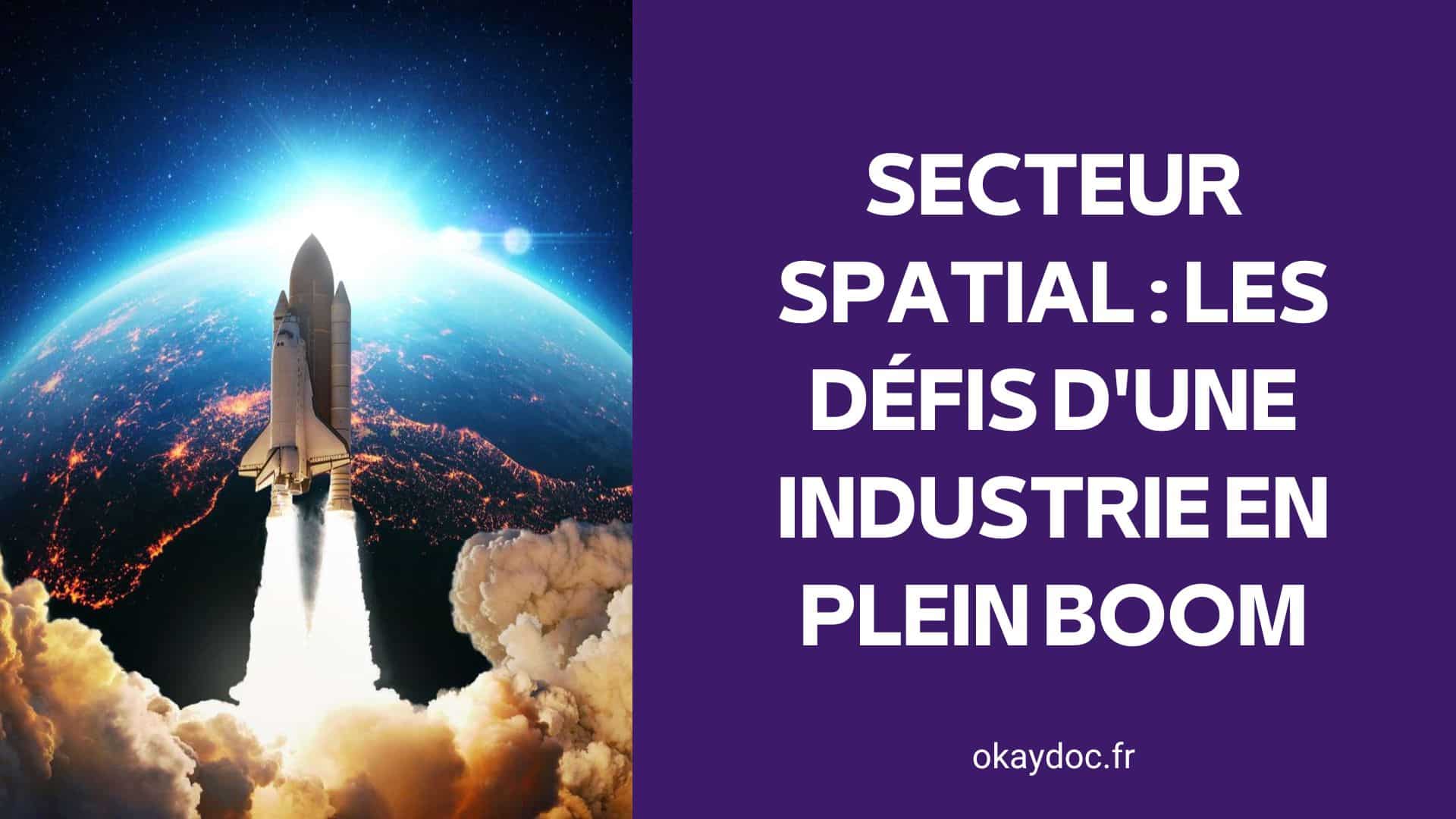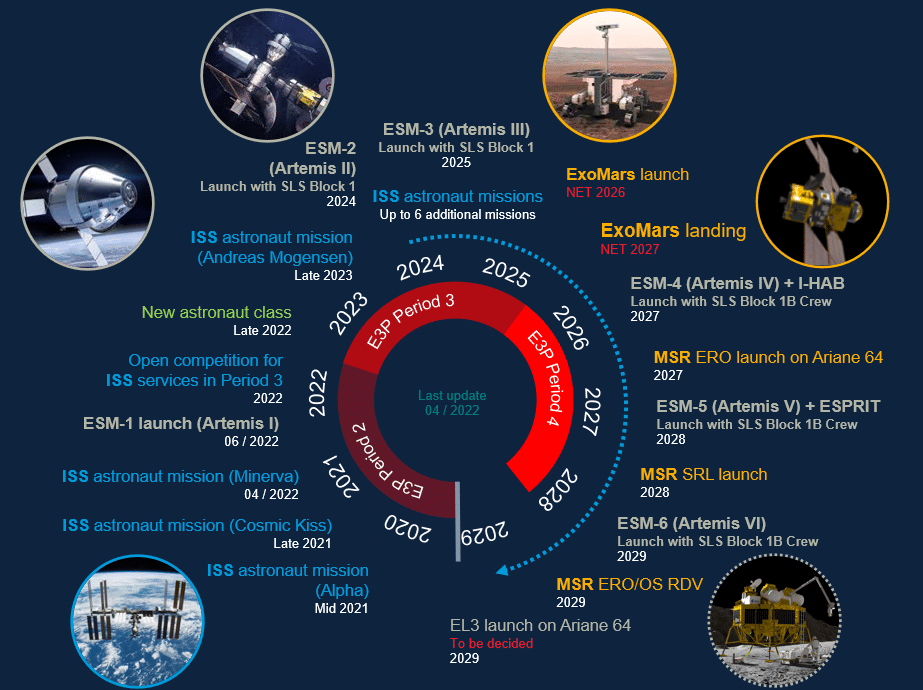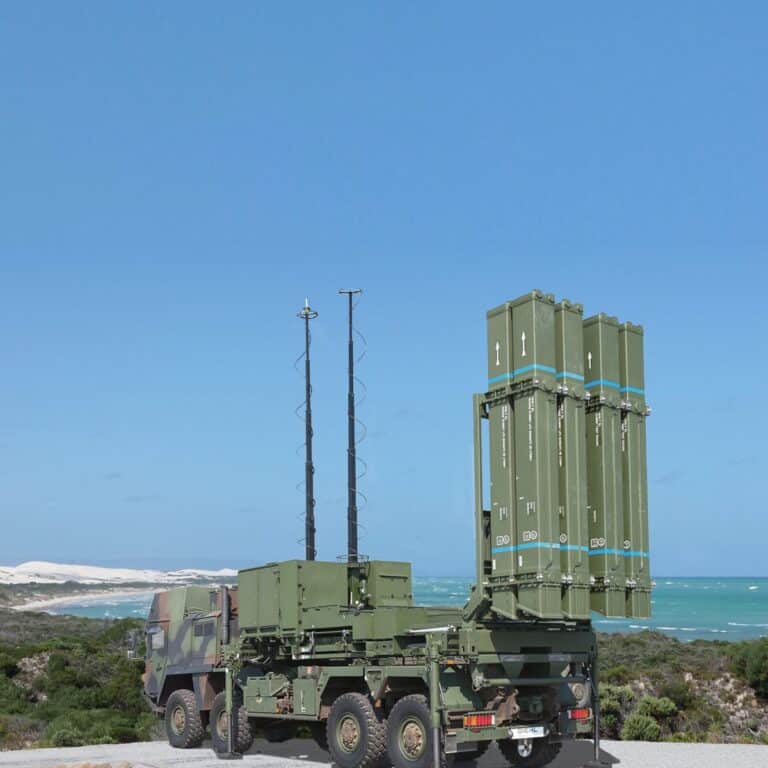The space sector offers vast and exciting opportunities for those who wish to evolve in a rapidly expanding industry. The necessary skills to excel in this field vary significantly, encompassing areas ranging from science to technology, as well as business and the humanities. Space program management stands out as an area that requires a deep understanding of technical and organizational issues. This guide will provide an overview of the training that can help you achieve this goal and become a recognized expert in the space sector.
Table des matières
ToggleThe skills required in space program management
Space program management requires a strong ability to coordinate various elements: technical, human, and organizational. Professionals in this field must be able to navigate through complex challenges while overseeing projects from the design phase to implementation. It is essential to acquire skills in project management, leadership, as well as a good understanding of associated technologies. Engineers, scientists, and managers are all key players in the space ecosystem and must work in synergy to achieve common goals.

The technical challenges
The technical challenges are varied and include designing space systems, propulsion, and the integration of new technologies. Space programs require close coordination between various technical departments: engineering, testing, integration, and operations. To navigate this field, it is crucial to master advanced technologies and understand the entire lifecycle of a space project. This starts with needs analysis to testing and validating systems before launch.
Interpersonal skills
A good space program manager must also possess strong interpersonal skills. The ability to communicate effectively with various stakeholders, including engineers, business leaders, as well as government and industrial partners, is essential. Skills in negotiation and conflict management are also crucial to achieving smooth solutions in the face of the various challenges that may arise in a project.
The appropriate training for space program management
To enter the field of space program management, several training pathways exist. With the rapid evolution of technologies and the emergence of NewSpace, it is imperative to continuously educate oneself. Here are some training paths to consider:
Undergraduate studies
Universities offer BUT (Bachelor Universitaire de Technologie) programs in technical sciences, which provide a solid foundation in engineering and management. It is also advisable to pursue courses in aerospace engineering or engineering sciences, which often include modules focused on project management and system development.
Specialized master’s programs
For those looking to deepen technical and managerial skills, choosing a specialized master’s such as the Specialized Master’s in Space Systems Engineering can be wise. This degree covers all issues related to space program management, focusing on design, integration, and testing of systems.

Professional certifications
In addition to academic degrees, there are professional certifications that can enhance your employability. These certificates, such as those offered by the French Project Management Association (AFITEP), attest to your ability to manage complex projects in the space field.
The COMETES project: training the talents of tomorrow
The COMETES project, which has been labeled as part of the “Skills and Jobs of the Future” call for interest, represents an innovative response to the growing recruitment needs in the space sector. This project aims to train engineers for new space jobs, focusing on technologies related to embedded systems, telecommunications, and artificial intelligence.
Innovative collaborations
COMETES collaborates with several academic institutions and industries to offer training that adapts to the rapid evolution of space-related jobs. These innovative educational approaches allow students to work on concrete projects such as designing a constellation of nanosatellites, thus contributing to the development of essential practical skills in the field.
Diversifying profiles
One of COMETES’ missions is to diversify the pool of learners in the space field. The initiative aims to attract more young people and young women into space engineering roles to ensure better representation and enrich the professional ecosystem with varied perspectives.

Career opportunities in the space sector
Once training is completed, graduates can consider various career opportunities in the space sector. Roles in program management, aerospace engineering, system development, and consultancy represent promising pathways. Private and public companies are constantly searching for talent capable of managing complex and innovative projects.
Companies in the sector
Companies in the sector are varied, ranging from large groups such as Airbus and Thales to innovative startups specialized in NewSpace. Collaborating with these players offers invaluable practical experience and allows participation in large-scale projects. Professional networks and forums are also effective tools for getting closer to job opportunities and connecting with industry professionals.
Skill development
A professional career in the space sector requires constant technological vigilance. Participating in continuing education, conferences, and seminars helps to stay updated on the latest trends and innovations. Professional networking and mentoring programs can also play a key role in career progression.

The exponential growth of the space sector offers exciting professional prospects. To thrive in this industry, it is essential to receive proper training and develop key skills. Whether through higher education, certifications, or professional experiences, every step counts on the path to becoming an expert in space program management.





















